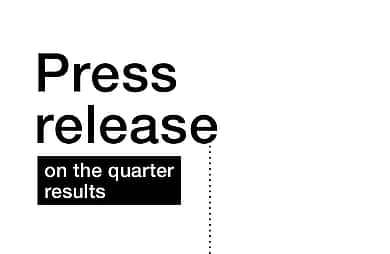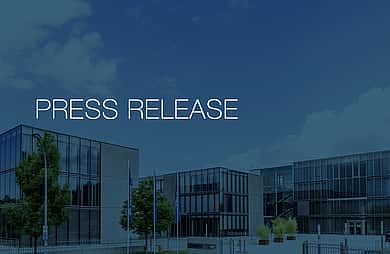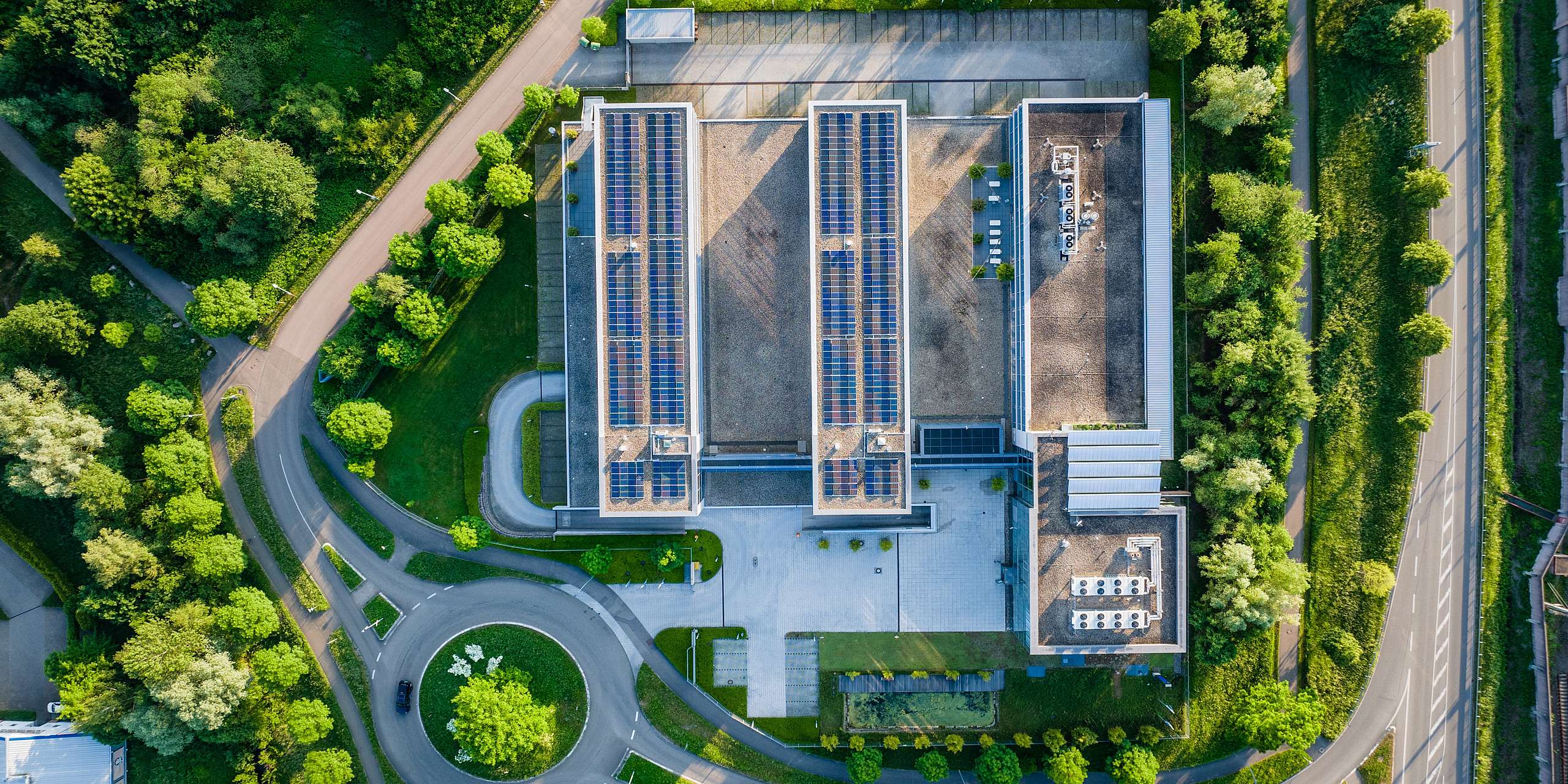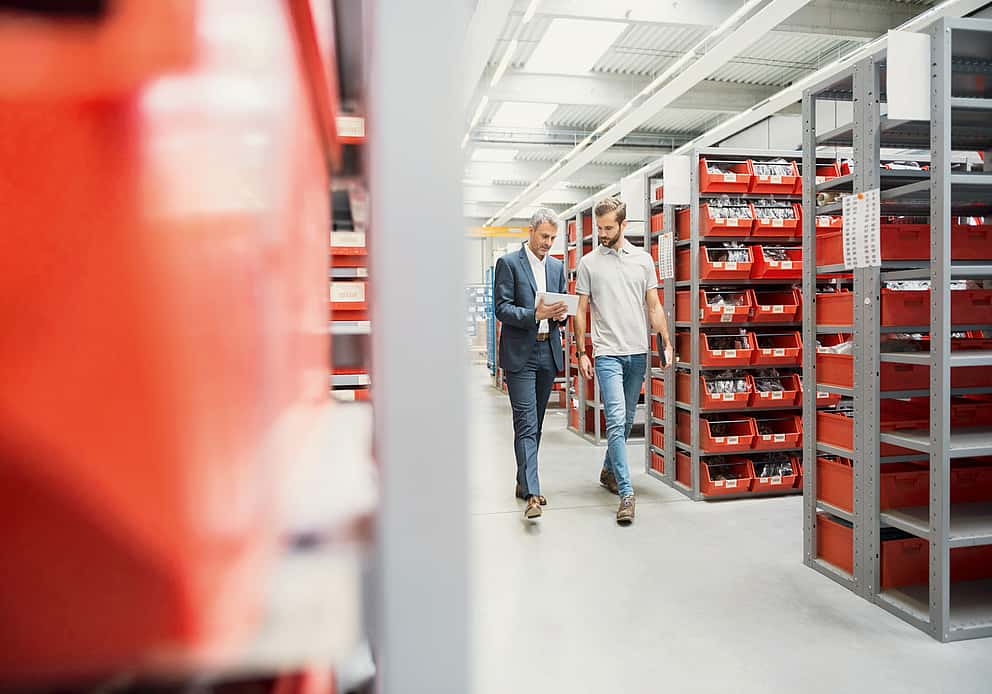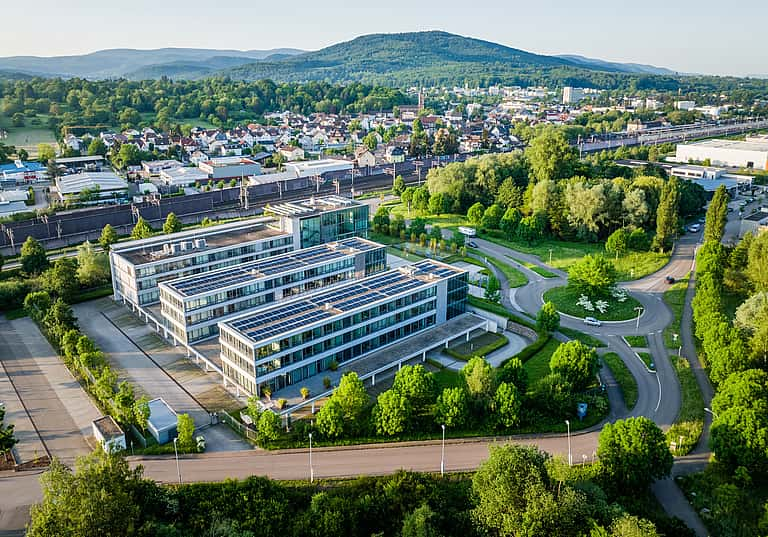
Climate and environment at GRENKE
In consideration of the climate and the environment, we aim to facilitate our customers' transition to a greener future through our range of financing solutions for sustainable properties. Our goal is to assist them in making environmentally conscious investments. Within our leasing portfolio, we prioritize resource-conserving circular economy practices, implement efficient digital processes both internally and externally, and strive to minimize our ecological footprint.
ESG Products and Services
We specialize in providing financing solutions customized for small and medium-sized enterprises and their specific investment requirements. Through financing green economy objects, we contribute to the sustainable transformation of our customers' business activities individually and of the economy as a whole.
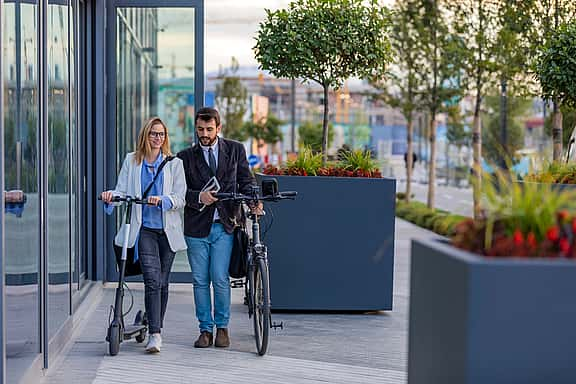
Green Economy Objects
With the overall shift of the economy towards sustainability in mind, we are also working towards enhancing the sustainability of our property portfolio. This category encompasses properties designed for generating and storing renewable energy, facilitating sustainable mobility, and managing waste and resources. Specifically, these features solar systems and photovoltaics, e-bikes, wall boxes, and charging infrastructure. Since 2022, we have intensified our emphasis on green economy products and are consistently broadening the specialized range of leaseable green economy objects available in the market.

GRENKE Sustainability Index (GSI)
The sustainability of our services is shaped by both the assets we lease and the structure of our contracts. To ensure transparency and measurability in the sustainability of our financing options, we've created the GRENKE Sustainability Index (GSI). This index considers multiple factors—such as leased assets, contract structure, and lessee—that are pertinent to assessing a lease agreement throughout its duration. We are presently refining and validating the GSI in collaboration with the Karlsruhe Institute of Technology (KIT), with the aim of later implementing the index as a valuable evaluation metric.

Circular Economy
At the conclusion of the lease term, the vast majority of leased items are returned to our retail partners, with only a small portion returned to us. In our primary markets of Germany, France, and Italy, we have our own asset brokers who handle the resale of these items. These brokers acquire the leased assets at the end of the term, assess their functionality, and endeavor to reintroduce them into the economic cycle through the secondary market wherever feasible. In 2023, over 98% of approximately 27,500 properties reclaimed by the asset brokers were made available for sale to B2B customers. Additionally, we are mitigating our environmental impact by enhancing our take-back processes, utilizing packaging to reduce waste, and collaborating more closely with zero-emission shipping partners and transportation service providers.
Ressource Conservation
GRENKE is digitizing processes and procedures in order to keep our ecological footprint as small as possible. In doing so, we take measures to minimise the use of resources.
Digitisation
Our business model heavily relies on paper usage. However, we are committed to minimizing our ecological footprint by gradually digitizing our processes. We have set a goal to digitize more of our operations over time. Measures to reduce paper consumption include implementing a digital customer portal, adopting an electronic signature solution, and transitioning to digital personnel files.
